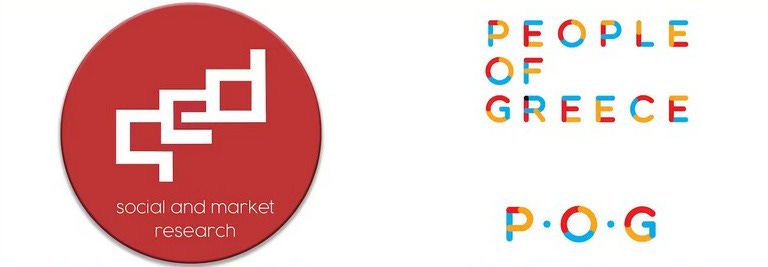
Week 27/8-3/9:
After the end of summer, Greeks:
- report their impressions of the scourge of the Greek summer, the fires, and how they were handled by the state authorities;
- await the government’s announcements at the Thessaloniki International Fair and seek the thematic priorities for the country’s governance; question the usefulness of policies that have been implemented for years without any tangible results; and are concerned about the future of the country
- question the usefulness of political leadership,
- set their personal goals for the start of the post-summer period.
What do we learn about Greece and the Greeks from this week’s findings?
- Citizens appear disappointed with the government’s handling of critical issues, such as the summer fires, while low approval ratings for political leaders and former prime ministers indicate a deeper crisis of confidence in the political system as a whole.
- Even the government’s announcements at the Thessaloniki International Fair, although they are generating interest, are perceived more as words than as actions that will have an immediate positive impact on everyday life.
- In terms of priorities, society appears to have consistent concerns, with one significant new addition: the fight against corruption, which now ranks at the top of the agenda, behind accuracy and health. At the same time, different social groups highlight different needs: young people are mainly concerned with issues related to their future and prospects, such as housing and immigration, while older people focus more on taxation and corruption.
- A clear differentiation can also be seen at the political level, with the right-wing audience placing emphasis on immigration, demographic and tax issues, while centrists and leftists prioritize, in addition to accuracy, the fight against corruption, as well as issues such as housing for the former, and labor and education for the latter. This reflects a society that may agree on a general sense of dissatisfaction, but differs sharply on the solutions it seeks.
- In the economic sphere, inflation remains the biggest headache, with citizens expressing support for proposals such as reducing VAT on food and fairer taxation of middle incomes. However, there is no consensus on the housing landscape; public opinion appears divided, with social housing and tax incentives standing out as relatively more popular policies.
- The usefulness ratings for all political leaders and the two former prime ministers are extremely low, with Kyriakos Mitsotakis leading despite a drop in his rating compared to July’s measurement. There has also been a slight increase in the usefulness of left-wing leaders, mainly Alexis Tsipras and Socrates Famellos, at the expense of the usefulness of Zoi Konstantopoulou.
- The mood among citizens at the start of autumn is rather cautiously negative. Less than half say they are optimistic, while their personal priorities focus not so much on grand ambitions as on basic needs: healthcare and financial stability. This reveals a weary society seeking security, reliability, and tangible results in everyday life.
What did the survey reveal?






